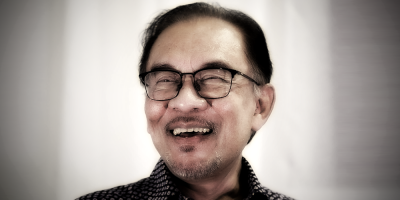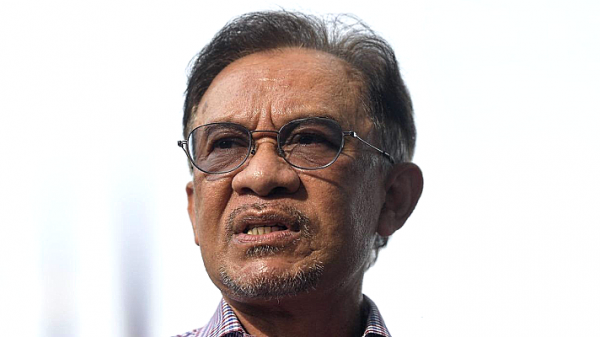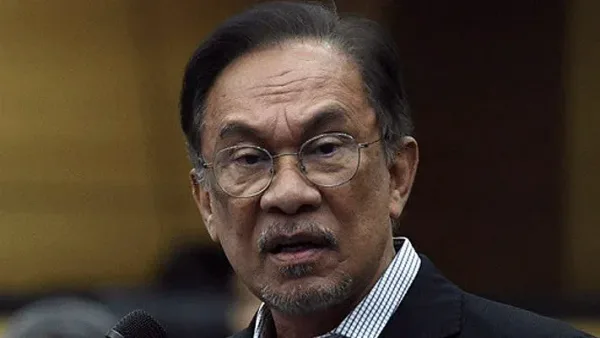
Prime Minister Datuk Seri Anwar Ibrahim has reiterated: use the money saved from plugging leakages and corruption to uplift the rakyat.
From the outset, his government has sought to deliver on that principle. And yet, public discourse remains fixated on Zahid’s DNAA, Najib’s pardon bid, and Rosmah’s luxury assets.
When enforcement agencies moved on the families of Mahathir, Daim, Muhyiddin and others, it was quickly dismissed as “political revenge”—all framed to vilify Anwar personally.
Worse still, Anwar is branded a hypocrite, and his anti-corruption agenda entirely discounted.
With this holier-than-thou attitude, critics portray themselves as the true champions helping “advance reforms.”
In reality, they are eroding public confidence in the very reform momentum they claim to uphold.
If this continues, Malaysians may soon snatch from the French the title of champion râleurs—professional grumblers.
It is engendering a mood of chronic disappointment. The idealism that once powered a generation of reformists has curdled into cynicism.
We are quick to critique, reluctant to acknowledge progress, and increasingly unable—or unwilling—to see the larger picture.
Reform, not revolution
Many assumed that with Umno’s fall, Malaysia would transform overnight. That assumption is misplaced.
What we encounter is increased ethnic polarization and toxic politicking.
This is not a revolution—it is a reform process. And reforms, by nature, are slow, uneven, and politically fraught.
Anwar is not the sole player in this system, nor is he its master. He governs within a fragile coalition and inherited a legacy of deeply entrenched institutional dysfunction.
Expecting sweeping transformation within two years—amid global economic uncertainty and persistent domestic resistance—is politically naïve.
Progressive voices must recalibrate
This is not a call to silence criticism. Constructive critique is essential to democracy. But when it devolves into performative outrage, it retards rather than propel change.
Activists, civil society, and commentators need to shift gears—become proactive rather than reactive.
It is time to move from reaction to reconstruction, from idealism to implementation.
There are many areas where consensus can be built and tangible improvements made. Here are just a few:
1. Housing for the poor
Housing inequality remains a deep, structural challenge.
Civil society, researchers, and urban policy groups such as ThinkCity have proposed viable, scalable solutions.
These should be revived, refined, and pushed forward in collaboration with the government.
Upgrading existing public housing should also be on the agenda.
2. Healthcare, welfare and targeted assistance
The government has begun redirecting funds toward the B40. But how effectively are these programs being delivered? Where are the gaps in implementation, data, or access?
This is where policy advocacy and evidence-based monitoring can make a difference.
3. Sustained grassroots mobilization
Structural reform cannot be achieved without public pressure. But social media outrage is not pressure—it’s often just noise.
Real mobilization means coalition-building, constituency engagement, petitions, watchdog mechanisms, and consistent pressure on elected representatives.
The reform movement must reclaim its civic muscle.
We are all embedded in the system
Yes, Anwar is part of the establishment. But he is also the product of a long, popular reform struggle that literally spanned decades.
This paradox defines his leadership: he is constrained by the system, even as he tries to change it from within.
As an Islamist reformer in a multi-ethnic nation, his agenda will, by necessity, be moderate—anything else would be untenable.
We must remember that no reform movement—anywhere—has succeeded overnight. Not post-revolutionary France, not post-Mao China, not post-colonial Singapore.
Structural transformation is generational. If this experiment fails, we risk returning to square one.
Conclusion: The harder, necessary work
Let us not confuse political theatre with institutional transformation.
A government’s worth should not be judged by its imperfections, but by the direction towards which it is moving.
And in that respect, Malaysia is—cautiously but steadfastly—on the path forward.
The real question is: will we help it along, or will we hinder progress by remaining trapped in the cycle of blame?
Anwar will not be able to deliver every reform. But by capitalizing on the democratic and civic space we have gained so far, we—the rakyat, civil society, professionals, and institutions—can push, shape, and strengthen the agenda.
That is the harder work. But also the only one that will matter in the long run.
Time to move beyond blame.
Let’s build.
(Charles Chia Yong Tai is Member of Monsoons Malaysia.)
ADVERTISEMENT
ADVERTISEMENT







































